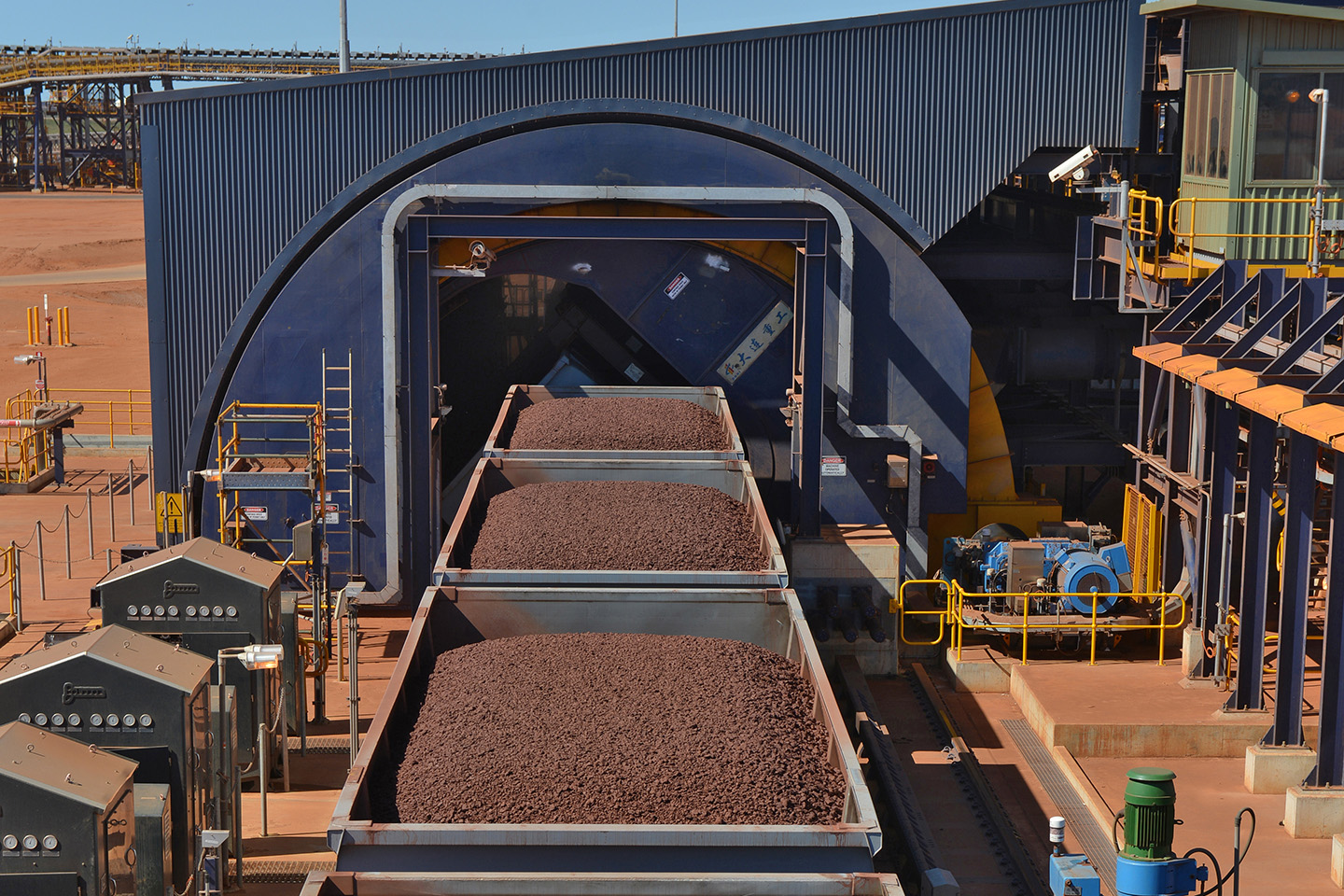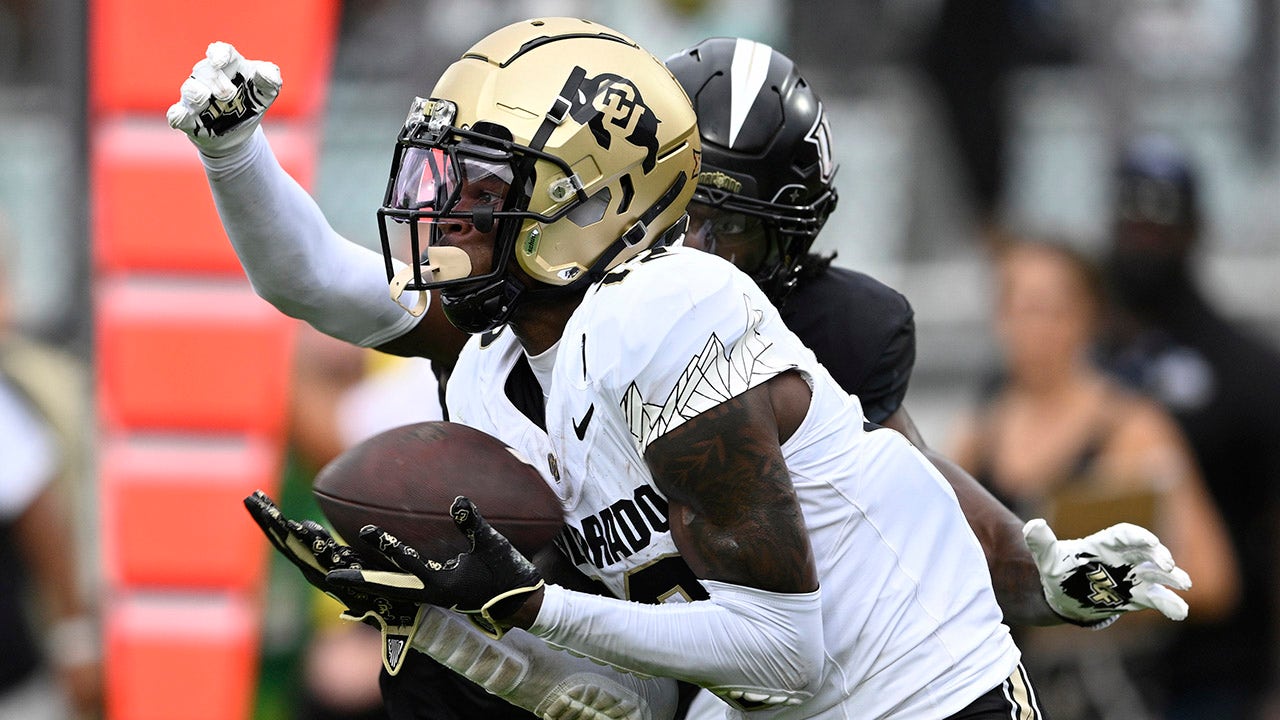A new study dispels the claim that coral reefs are at risk from modern environmental changes or rates.
From about 8000 to 6000 years ago the Great Barrier Reef (GBR) mean annual water temperatures were 4°C warmer than today.
Relative sea levels were ~2 meters higher and seas were rising at rates of ~6 to 7 meters per millennium (6-7 mm/yr).
The Early Holocene climate was also wetter than today, resulting in higher rates of terrestrial runoff (more turbidity and nutrient-rich waters) as GBR coastal land areas were increasingly inundated.
It has been assumed by modern scientists (and popularized by the recent preference for alarmist narratives) that reefs could not favorably withstand these environmental conditions – nor such rapid change.
However, new data suggest coral reef growth was “substantial and active” during this interval, which also characterizes the modern reef growth in this region.
“[W]ater quality during the Holocene between 8 and 7 ka was turbid and with high concentrations of nutrients, yet coral reef growth was substantial and active. The same holds true for modern corals in inshore environments, which can display very high percentage coverage.”
Image Source: Sanborn et al., 2024
Related





















Discussion about this post